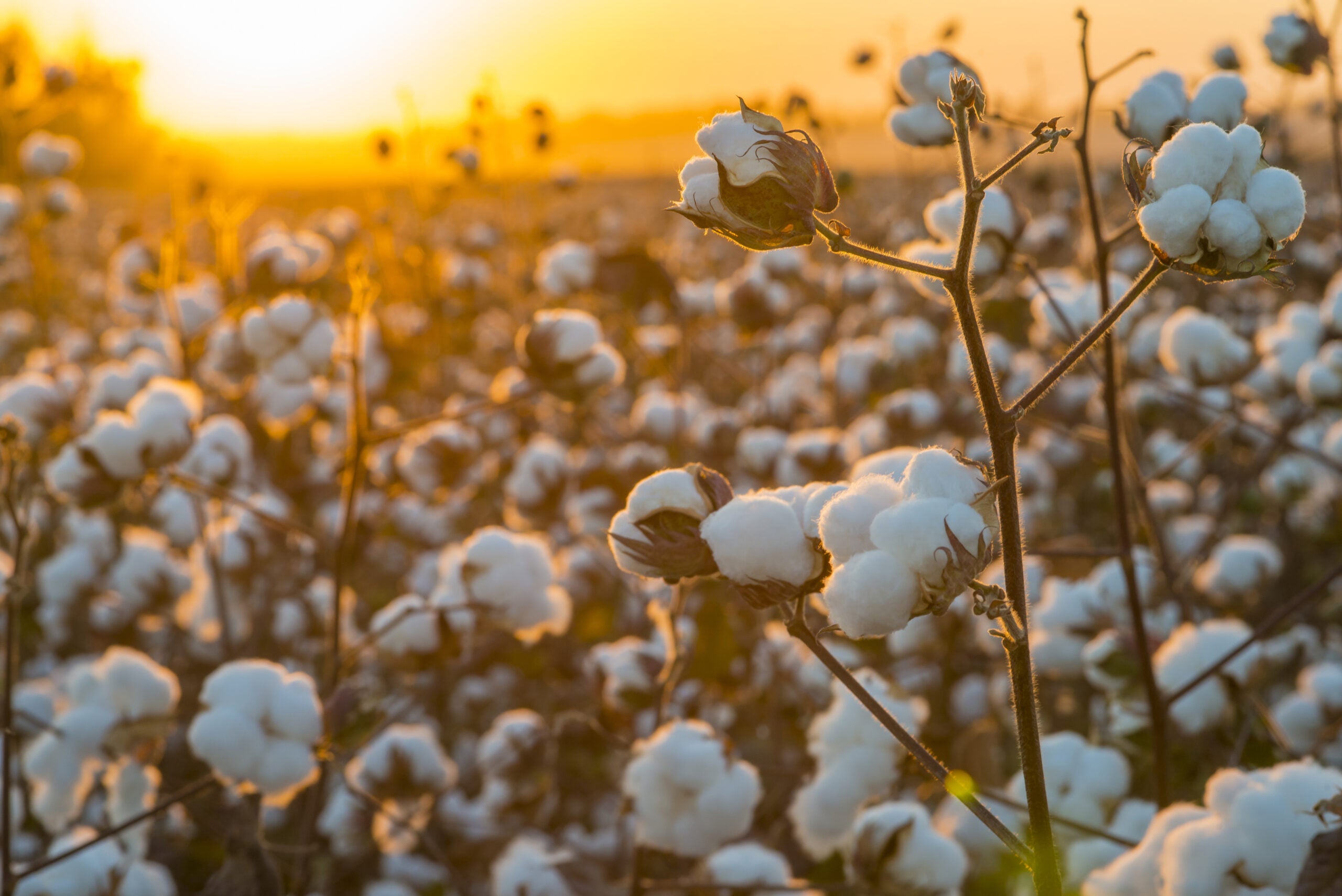
Data regarding US cotton exports indicate the logistics situation is improving worldwide, the International Cotton Advisory Committee (ICAC) says in its latest update.
While it acknowledges the US has greater means to effect changes than most other countries so not all regions will recover as quickly, the ICAC notes the US remains the world’s largest exporter and thus can serve as a “sort of canary in the coal mine” for worldwide cotton shipping and logistics.
Consumption remains strong approaching the end of the 2021/22 season, currently being reported at 26.16m tonnes. Production is down slightly from the previous report but is holding at 26.43m tonnes, still sufficient to accommodate consumption.
Looking at total global supply and demand numbers, ICAC notes a minor deficit in supply, adding global supply is currently sitting at 57.129m tonnes, while global demand is 57.133m tonnes.
The Secretariat’s current price forecast of the season-average A index for 2021/22 ranges from 106 cents to 126 cents, with a mid-point at 113 cents per pound.
The ICAC launched a new body to represent all sectors of the cotton supply chain last month.

US Tariffs are shifting - will you react or anticipate?
Don’t let policy changes catch you off guard. Stay proactive with real-time data and expert analysis.
By GlobalDataThe ICAC says its Private Sector Advisory Council (PSAC) means there will be an expert committee that combines perspectives and opinions from every sector of the cotton supply chain for the first time in the cotton industry.
The PSAC was born out of the success of its predecessor, the Private Sector Advisory Panel, whose members were private sector professionals from several areas of the cotton supply chain. The new PSAC is populated by executives from national, regional and international cotton and textile organisations, rather than from individual private businesses.



